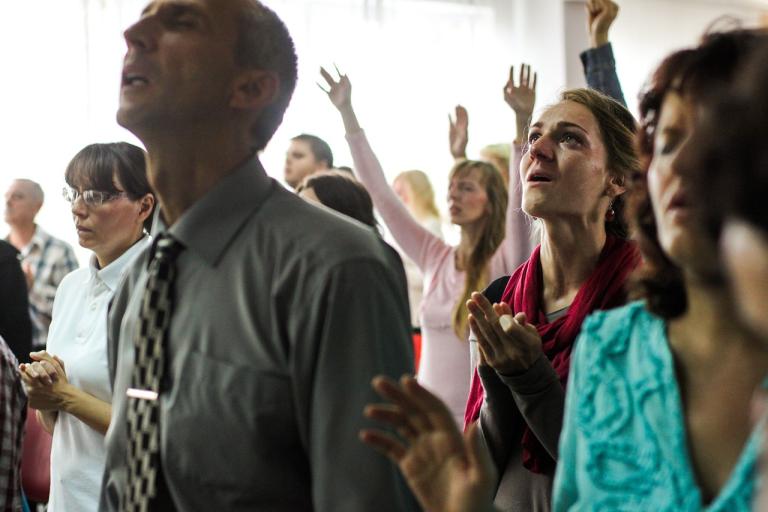Jessica revealed to her church small group that she struggles with depression. She is one in five people who will be diagnosed with a mental health disorder this year. And if she doesn’t address her depression, she could be one of ten who will end up being hospitalized some time in their lives.
Is there a role for the church in helping people like Jessica with their mental health?
Yes, religion is a protective factor that helps build resiliency in people. Freud was wrong when he asserted that religion was nothing more than a massive neurosis. Study after study support the idea that religion helps people heal in so many areas. Faith provides purpose and meaning for a person’s life. It brings hope and community. In addition, religion positively impacts marital satisfaction and stability. And faith reduces substance use, suicide, anxiety and fear and delinquency. Overall, religious involvement is related to better mental health, better social health and better physical health.
Here are 3 ways churches can strengthen mental health:
- Provide social support: When we have support, we do better with our mental health. When life gets difficult, it helps to have people to talk to and pray with. Without support, we can easily give in to the pressures around us or begin to think in ways that are not healthy. Our minds can wander away from the truth if left unchecked. This is why gathering as a church body is so important. When the church is a friendly place to be, warm and inviting, people will attend. Then, you can connect people to small groups or areas of interest so that they can build community.
- Build safe communities: Children who grow up with a secure attachment to their parents develop a good sense of self-esteem and self-image. This secure attachment also builds a person’s social skills. When a child knows his or her parent is available and responsive to needs, this brings security and calm in the middle of stress. Security helps build trust and empathy for others as well. On the other hand, children who grow up with parents who are emotionally or physically unavailable, develop insecure attachments, needing lots of reassurance and support. The lack of safe and secure relationships puts a person at risk for mental health problems. A related question is, can the church contribute to a person’s sense of security? Yes, but unhealthy leadership only reinforces insecurity and disconnection. Healthy churches can provide a place of safety for people to grow with others. In other words, a healthy church body can provide a corrective experience for those in need of a safe place to interact with others. A Sunday School teacher who cares, a small group leader who is responsive to needs and leaders who are compassionate and responsive provide safe communities.
- Coping skills for stress and problem-solving: The Bible is filled with prescriptions for healthy coping. Life problems will come, but a person who can problem-solve and handle problems will lessen their own risk of developing mental health issues. So, church and small group leaders can focus on the application of the Word of God to all kinds of life problems. When problems come, instead of turning to unhealthy distractions or finding ways to escape life, the Bible is a prescriptive guide to walk people through life. This is why discipleship is so important- it helps develop healthy coping.
In sum, let’s do what we can to make the church a supportive and safe community, provide a sense of connection, attend to families and and teach biblical coping skills for life problems. Churches that provide support, safe communities and biblical coping contribute to strong mental health.



